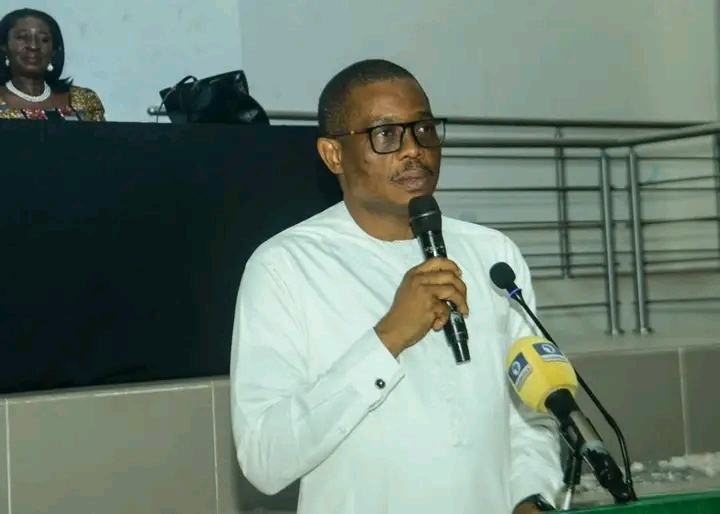
The Nigerian Bar Association (NBA) has strongly condemned a proposed compulsory voting bill currently under consideration by the House of Representatives, labeling it unconstitutional, draconian, and a violation of civil liberties. In a statement issued on Tuesday by NBA President Afam Osigwe, SAN, the association criticized the bill’s punitive measures and called for its immediate halt.
The bill, which seeks to amend the Electoral Act 2022 to make voting mandatory for all eligible Nigerians of voting age, passed its second reading in the House last week. Sponsored by Speaker Tajudeen Abbas and presented by co-sponsor Daniel Asama, the legislation proposes a maximum penalty of six months’ imprisonment or a ₦100,000 fine for failure to vote in elections. Proponents argue that the measure aims to combat low voter turnout, vote buying, and electoral apathy, citing examples from countries like Australia, Belgium, and Brazil where mandatory voting has boosted political participation.
However, the NBA rejected the bill, asserting that it violates the 1999 Constitution. “Section 39(1) guarantees every citizen the right to freedom of expression, which includes the right to remain silent, dissent, and abstain,” the statement read. “In a democracy, voting is a civil liberty, not a legal obligation. Compelling citizens to vote through coercive measures infringes on their fundamental rights.” The association also referenced Section 40, which ensures freedom of association, including the right not to associate, arguing that forcing citizens to vote disregards their personal convictions and political freedoms.
The NBA criticized the bill for attempting to criminalize non-participation in an electoral system marred by voter apathy, mistrust, insecurity, and systemic issues. It urged the government to address root causes such as electoral violence and vote buying rather than imposing penalties. “Democracy thrives on consent, participation, and trust, not coercion,” the NBA stated. “Forcing citizens to vote under threat of imprisonment undermines the essence of free and fair elections.”
Warning that the bill could set a dangerous precedent for eroding civil liberties, the NBA called on the National Assembly to abandon the legislation. The association emphasized the need for reforms to restore trust in the electoral system, including ensuring security during elections, guaranteeing the independence of electoral bodies, and promoting robust voter education.
“No citizen should be compelled to vote under threat of prosecution,” the NBA declared. “The NBA will resist any attempt to enforce such draconian provisions and will challenge any law that seeks to weaponize civic participation against the people.”


